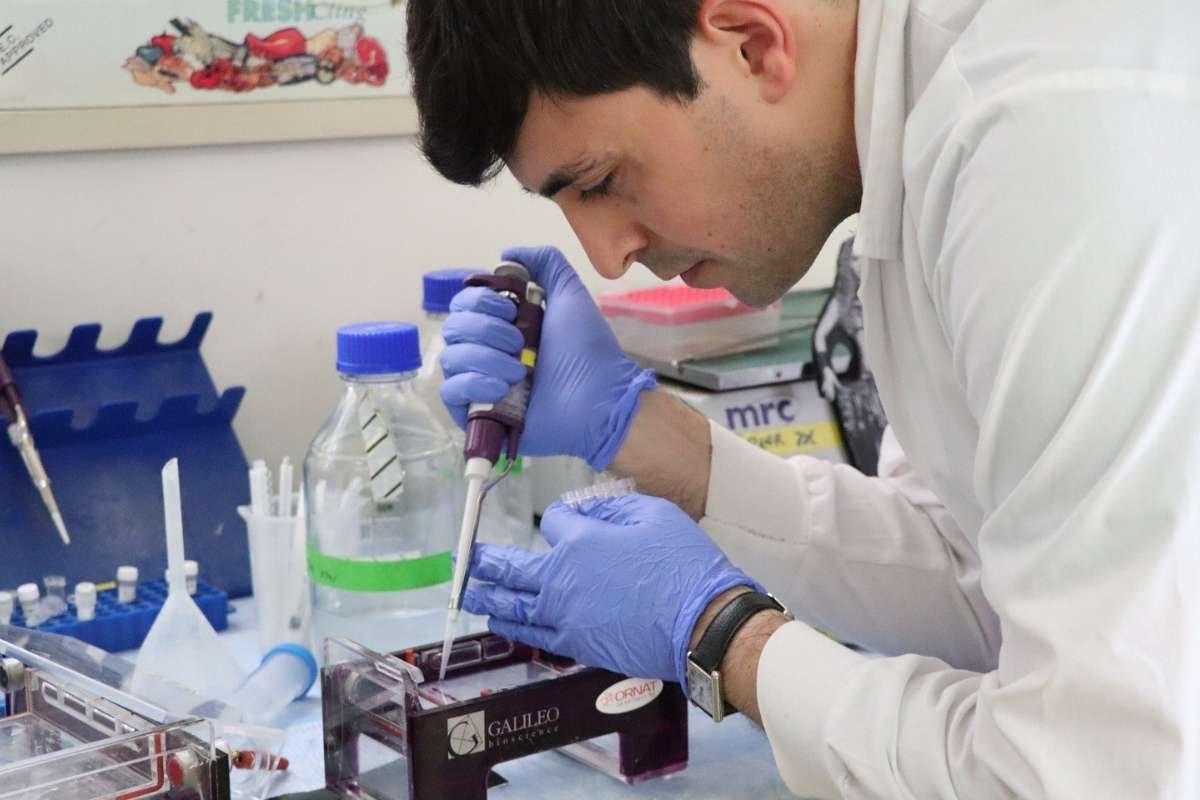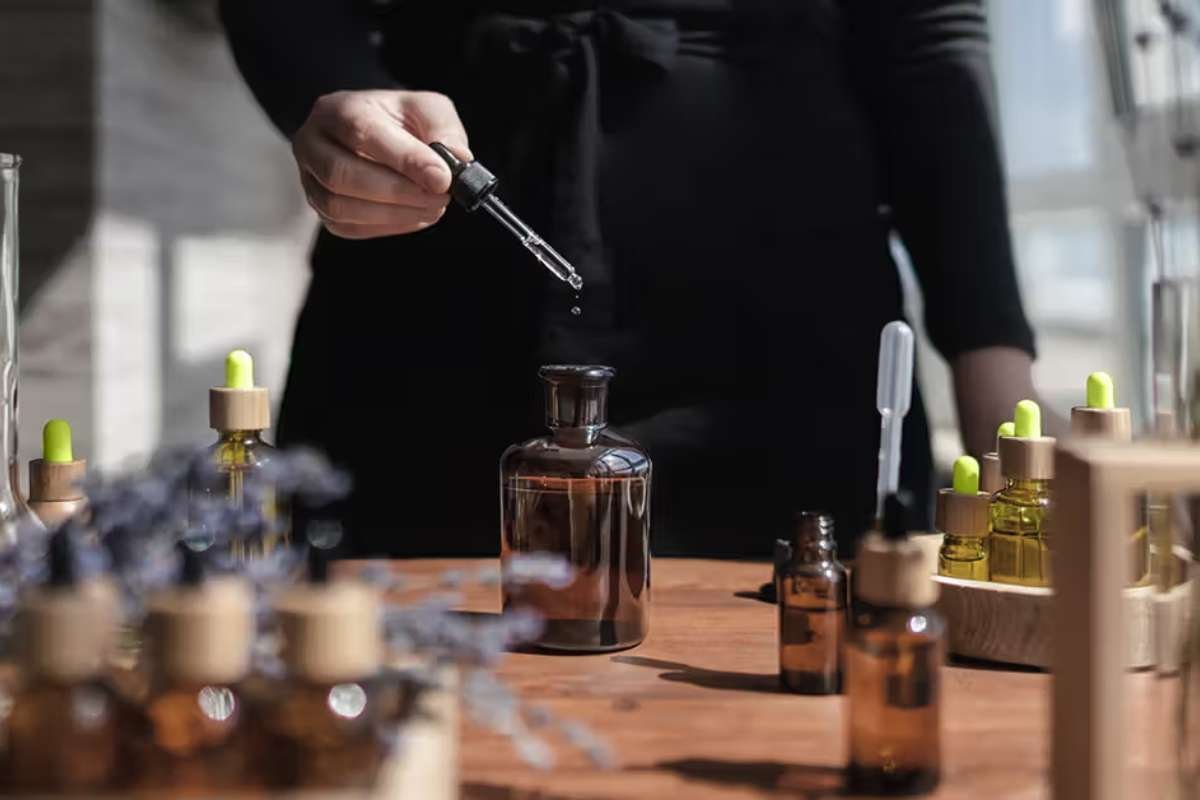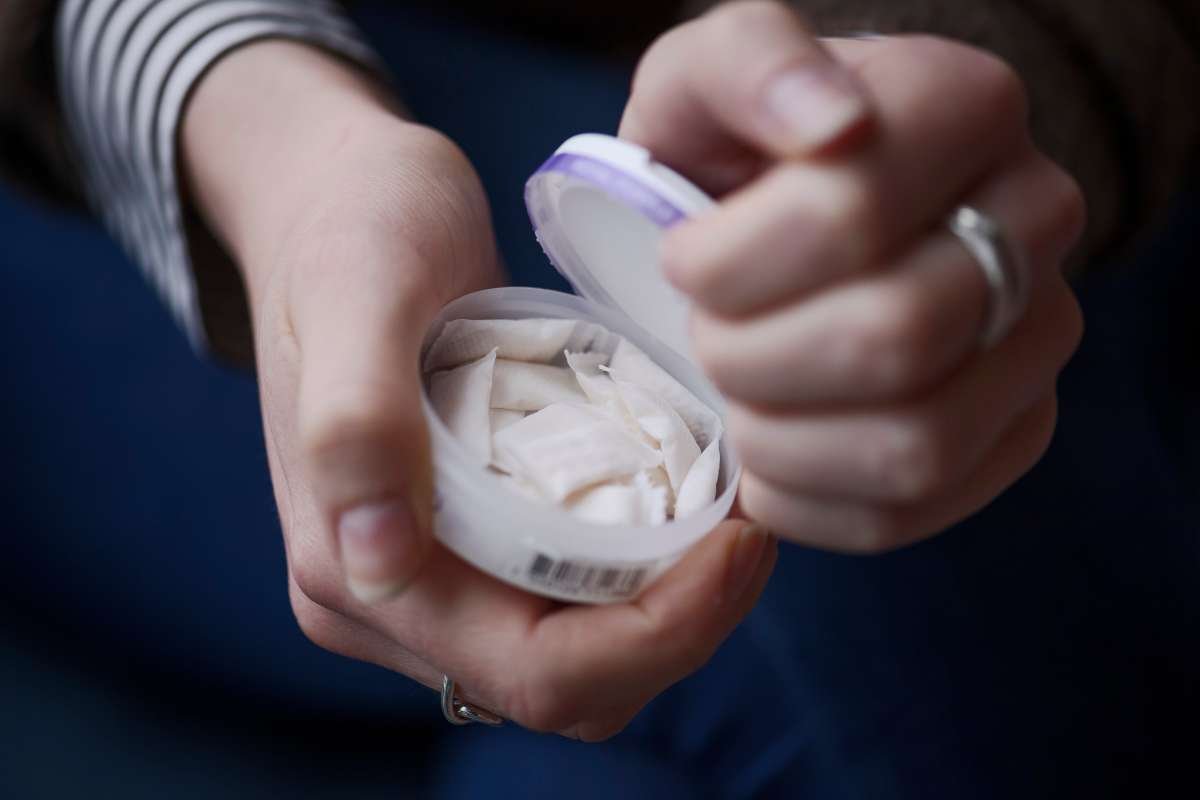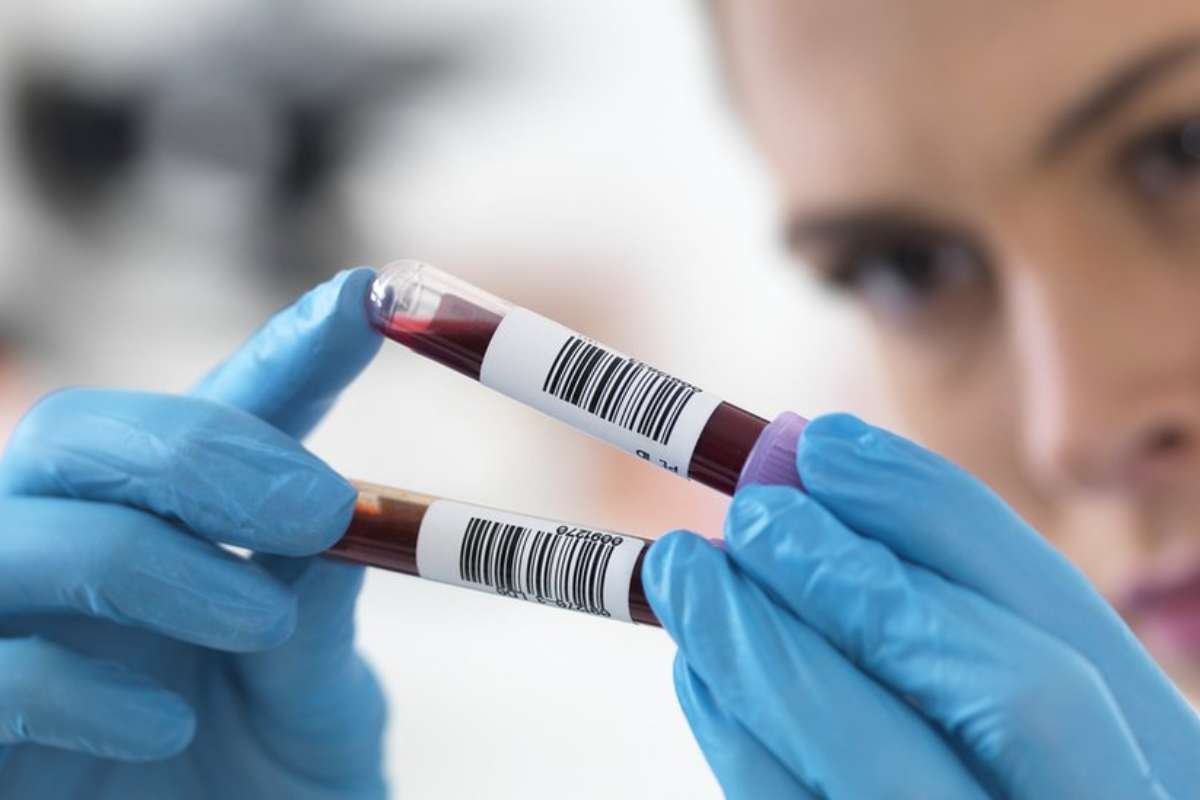According to a peer-reviewed study released on Wednesday, a skin patch being developed by a French pharmaceutical company to treat Peanut allergy skin patches is promising in children.
The “peanut patch” fared better than a placebo at “desensitizing children to peanuts and increasing the peanut dose that triggered allergic symptoms,” according to a study supported by DBV Technologies and printed in the New England Journal of Medicine.
Peanut Patch
Three hundred and sixty-two (1–3)-year-old peanut-allergic children from eight different nations, including the US, Canada, and Australia, participated in the trial. The majority of the toddlers who did not complete the experiment were withdrawn by their parents or guardian, with just about 85% of them. Between their shoulder blades, for a year, a toddler wore either the peanut patch (which contained 250 micrograms of peanut protein, or roughly 1/1,000th of a peanut) or a placebo patch.
By the end of the year, two-thirds of the kids who wore the Viaskin peanut patch were able to handle more peanut protein. (Some youngsters overcome their Peanut allergy skin patch; a third of the placebo group was also able to tolerate higher quantities.)
New Peanut allergy treatment could save toddlers’ lives, researchers say
Centers for Disease Control and Prevention
The patch may be a helpful tool for parents and other carers of young children with Peanut allergy skin patches to protect those under the age of four from potentially fatal accidental eating or exposure in places like cafeterias and playgrounds. According to the Centres for Disease Control and Prevention, peanut allergy is one of the most prevalent allergies in children, and there is no known treatment for food allergies.
The Food and Drug Administration approved Palforzia in 2020 as a treatment for Peanut allergy skin patches in kids aged 4 to 17, but due to its high cost and string of prerequisite doctor appointments, it has had trouble catching on with consumers. The business that created the medication was purchased by Nestlé, but is currently Trying to sell it amid a lackluster takeup, Nestlé CEO Mark Schneider said at an investor conference, according to Barron’s.
Also Read: What Are the Causes of Allergies in Adults?









